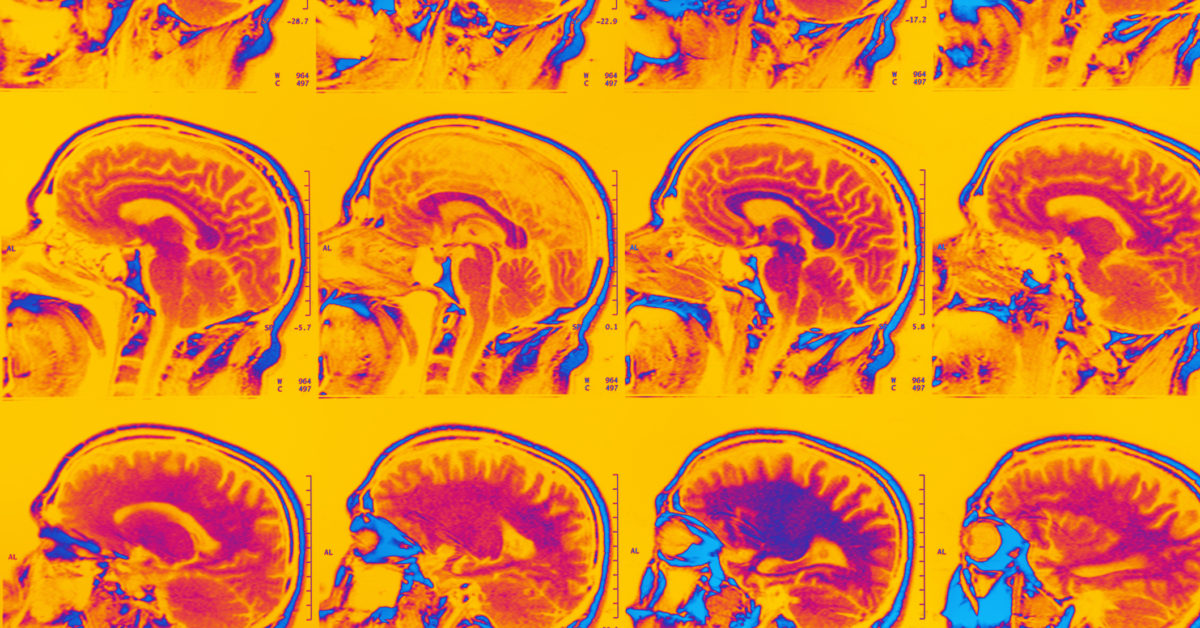Research in animal models suggests rebalancing early brain inflammation may slow the progression of Alzheimer’s disease.

The new study was on the agenda of the American Association for Anatomy (AAA) annual meeting prior to its cancellation because of the COVID-19 pandemic.
The research makes clear an area for future investigation that may help scientists develop early interventions to counter the progression of Alzheimer’s.
The abstract for the study now appears in The Journal of the Federation of American Societies for Experimental Biology.
According to the Centres for Disease Control and Prevention (CDC), Alzheimer’s disease is a neurodegenerative disease that impacts a person’s brain. It is the most common form of dementia, affecting around 5 million people in the United States as of 2014. Those with the disease are typically over 60 years of age.
A person with Alzheimer’s may begin by experiencing symptoms, such as mild memory loss, but they may progress to a complete inability to respond to their environment.
It is not yet clear what causes Alzheimer’s disease, but scientists think it is likely the result of numerous factors, such as a person’s age, genetic profile, and possibly education, diet, and environment.
There is no known cure for Alzheimer’s, which means treatments typically focus on helping a person manage symptoms and slowing down the disease progression.
According to Dr. Caterina Scuderi, Assistant Professor of pharmacology and toxicology from Sapienza University of Rome, Italy, and her co-authors, there are three “hallmarks” of Alzheimer’s disease in a person’s brain.
These telltale markers are the depositing of beta‐amyloid peptides in the space around a person’s neurons; the buildup of proteins inside neurons; and neuroinflammation.
The role of neuroinflammati

